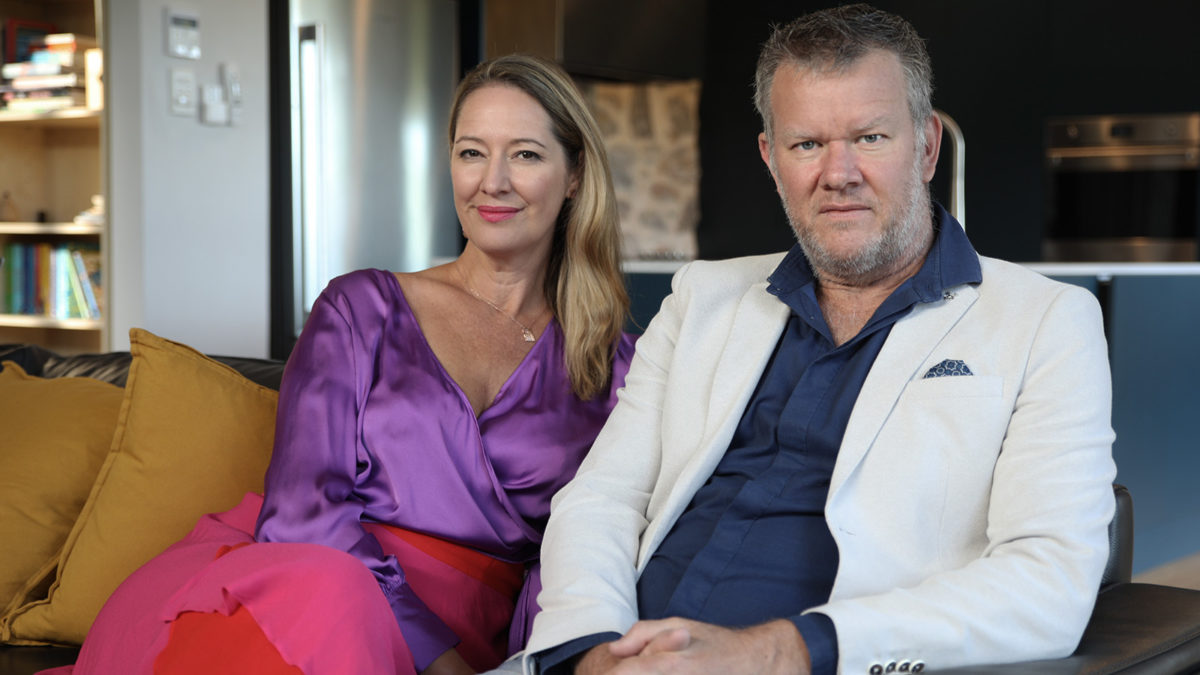‘In good markets and bad’, Super Fierce finds top 15 funds
In its efforts to bridge the wealth gap for women, advice fintech Super Fierce has compiled a list of the 15 best performing super funds. And bigger isn’t always better.
Super Fierce was set up by Trenna Probert and her husband, former Macquarie CIO Craig Swanger, in 2019, with an eye to helping women close the gender wealth gap. They’ve initially set their sights on superannuation because of its ubiquity and because of the significant shortfall in retirement savings that women see as a result of time out of the workforce to have children or look after elderly parents.
“Their retirement income winds up being around 42 per cent lower than men’s,” Swanger says.
“They’ve got a 50 per cent higher chance of needing aged care as well. So they get less but have more to spend on.”
Super Fierce analysed fees and performance – the “free kicks” that don’t necessitate “putting your hand in your own pocket” – to find 15 funds out of the 359 in Australia that had outperformed in all categories (High Growth, Growth, Balanced, Moderate, Conservative, Australian Shares, Global Shares, Ethical, and Indexed).
Super Fierce started by removing those funds that had underperformed over their entire existence, then found the ones from the remainder that had “performed in good markets and bad”, and removed those that hadn’t. From the final 82 funds, it broke down the performance of individual investment options to find out whether there was “quite a bit of luck” involved.
“When it comes to super, all the evidence points to the more you pay, the less you get,” Swanger says. “There’s lots of reasons for that, the most fundamental of which is that active management really struggles to outperform the market. In theory, if I spend more I should get a better fund manager who should have a better chance of outperforming the market. Globally, that’s never worked.”
The so-called “Fierce Performers” are predominantly industry funds, with 82 basis points of outperformance per annum – almost half of which came from fees. While it’s not a ranked list, the Fierce Performers include AustralianSuper, Australia Post Super (now merged into Australian Retirement Trust), Care Super, CBUS Super, Energy Super, equipsuper, HESTA, HostPlus, Vision (Local Authorities Super Fund), Mercy Super, MyLifeMyMoney Super, NGS Super, Public Service Super, Qantas Super, and Unisuper.
“We didn’t go and sort for fees but when you look at who has outperformed, half the difference is fees,” Swanger says. “That gives you a pretty loud message about why retail funds don’t show up… (The Fierce Performers) aren’t necessarily the largest funds. IOOF and REST are very large funds and they aren’t in there; they haven’t been consistent outperformers.”
Sustainable options, usually painted as having a higher price tag, were actually the ones with the biggest outperformance. The old rule of paying more for sustainability dropped away “very quietly” in the last decade. Managers have done a poor job of marketing that, Swanger says, because even he was unaware. But the major contributor to outperformance was actually just performance.
“That’s not because there’s wonderful fund managers; it’s because of the weight of money. Globally, so much money has shifted into sustainable mandates, and as more money goes into that and out of coal, the asset price readjusts upwards,” Swanger said. “You can ask whether that’s a bubble – and like all bubbles, you don’t know until it’s burst – but bubbles tend to have a reason for reversing, and are we all about to turn around and say we don’t believe in doing something about climate change?”
Super Fierce intends on using the data for personal advice; Swanger is concerned that the 15 Fierce Performers will become a sort of quasi-leaderboard, when the reality is that there’s “no best fund for all 14 or 15 million people in super – there’s a best for you and a best for me.” It will instead assess the 136 options on offer from the Fierce Performers against the needs of its customers, which are predominantly women.
“We created the Fierce Performers Index to provide all Australians with an affordable way to find and select a super fund that will suit their individual needs, leaving them substantially better off in retirement,” Probert said.
“Rankings, ratings, and the multitude of other sources of information are difficult to find and understand, and they are of course not tailored to an individual’s circumstances or preferences. With the current state of the financial advice industry further exacerbating this, we knew Australians needed a better way to select the right fund for them.”











